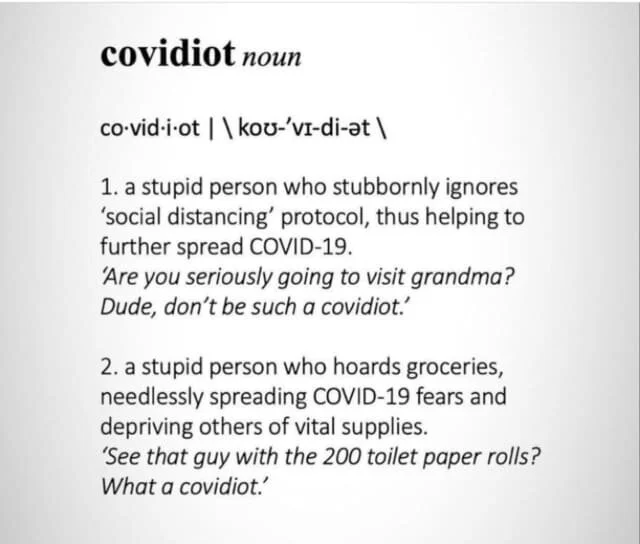Don’t get me wrong; I’m as bummed out about bro-ish, selfish, stereotypical dude bros as anyone else. We clearly have a culture that incentivizes men to behave in all kinds of horrible ways. But there is a danger that our frustration with bad behavior has displaced structural critique, and threatened to replace societal transformation with social behavior policing. When our grievances with the gender system become framed as a "shitty men" problem, the solution goes from queer and feminist revolution to an embrace of social conservatism. This is because “shitty men” are too easily understood from the perspective of the system of patriarchal social norms. The problem is not the gender system that assigns roles and creates antagonisms between the genders; it is the failure of one of the genders—namely, men—to live up to the norms. Norms go from being the problem to being the solution, because the problem is diagnosed as male deviation from norms. It is therefore not only possible, but rather essential, in my view, to eschew man-blaming *as* feminists.
I've been thinking a bunch about it in my historical work, where I've been grappling with the ways that women have often been pressured and coerced into embracing and reinforcing the very systems that oppress them. I've been reading queer and third-wave feminist theories that have analyzed the ways that women's pain and frustration is culturally channeled into non-threatening (to the system of patriarchy) avenues of grievances that actually threaten to reproduce the very system that produced their structural oppression. Lauren Berlant calls this the "female complaint": within capitalist "women's culture," women are encouraged, among other things, to experience the pain of their sexual oppression as relationship disappointment, rather than as their subjection within structures such as monogamy and socially-enforced sexual passivity. Rather than questioning these structures, they're inclined to blame the men in their lives for not playing fairly or living up to the norms of these institutions. Monogamy and enforced passivity cease to appear as sources of oppression here, and begin to appear as *solutions* to relationship disappointment, as the diagnosed problem correspondingly shifts from structures of oppression to "shitty men."


















